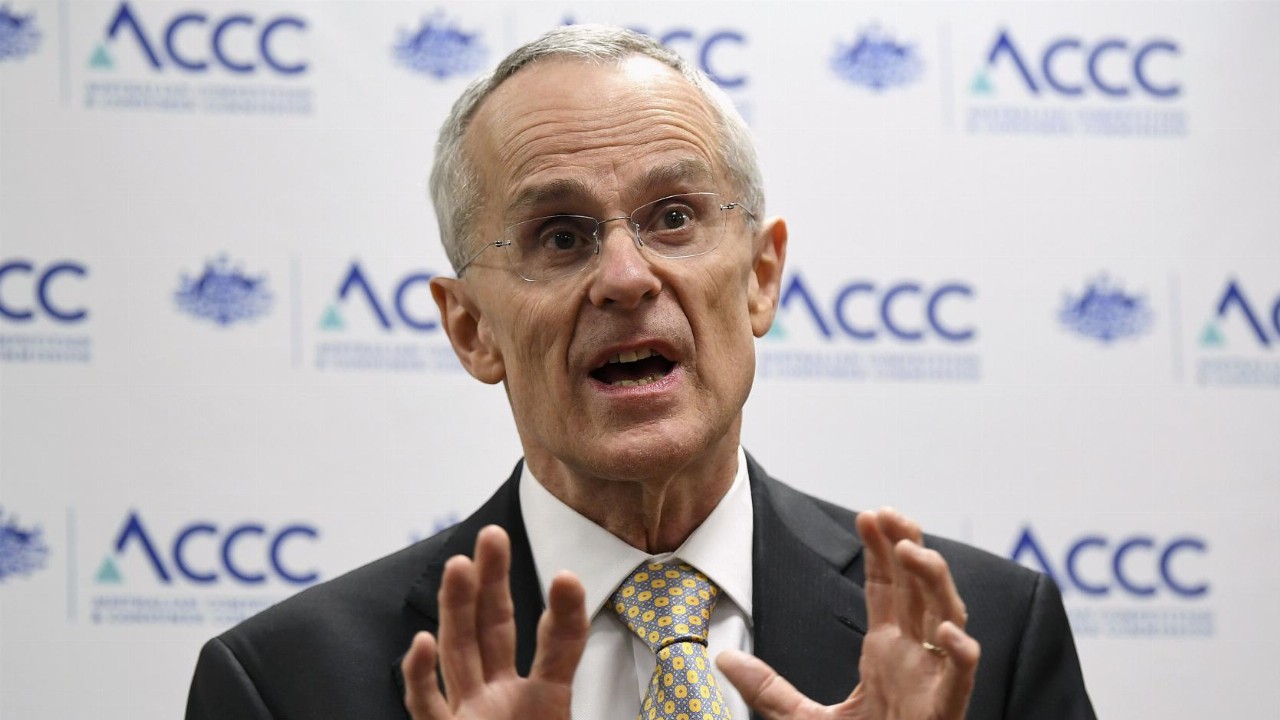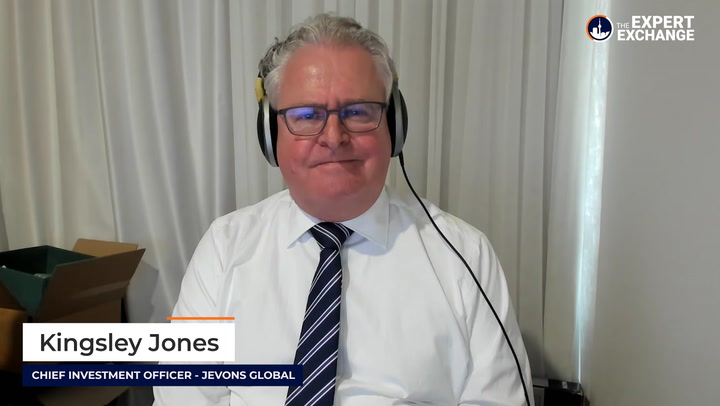- The Australian Competition and Consumer Commission (ACCC) said on Wednesday it is suing Facebook, alleging that the tech giant collected user data without permission
- Through its Onavo Protect app, Facebook is thought to have offered a way for people to protect their data, while secretly using the information for its own gain
- The ACCC is now seeking an unspecified fine, although the Onavo app was shutdown last year
- It mirrors a U.S. lawsuit which accused Facebook of inappropriately maintaining market dominance by using customer data to decide on commercial takeover targets
- The difference, however, is that the U.S. lawsuit focuses on a competition issue, while the ACCC’s move focuses on the consumer
- Facebook said it was “always clear about the information we collect and how it is used” and that it would defend its position
The Australian Competition and Consumer Commission (ACCC) said on Wednesday it is suing Facebook, alleging that the tech giant collected user data without permission through its Onavo Protect mobile app.
Facebook is thought to have promoted the virtual private network as a way for people to protect their data, while secretly using the information for research and to identify future acquisitions.
The ACCC is now seeking an unspecified fine, although the Onavo app was shutdown last year.
A spokeswoman from Facebook said the company was “always clear about the information we collect and how it is used.”
“We will review the recent filing by the ACCC and will continue to defend our position in response to this recent filing,” she added.
The lawsuit mirrors a landmark action by the U.S. Federal Trade Commission (FTC), which accused Facebook of inappropriately maintaining market dominance by using customer data to decide on commercial takeover targets like Instagram and WhatsApp.
“There is a link to what the FTC is saying, but they’re looking at a competition issue. We’re looking at the consumer,” ACCC Chairman Rod Sims said at a televised news conference.
Unlike the U.S. lawsuit, which may force Facebook to sell a portion of its assets, the Australian lawsuit could force the company to change the way it discloses its activities to users, said Rob Nicholls, an associate professor specialising in competition law at the University of New South Wales.
“Rather than take the antitrust approach of ‘the only way to solve this is to break it up’, it’s more ‘we’re going to take the actions that we can under the existing law to change the conduct so that it is acceptable to Australian consumers and Australian businesses,'” Nicholls said.
The ACCC’s decision follows the Federal Government’s plans, announced last week, to make Facebook and fellow behemoth Google pay local media outlets for content that appears on their sites.
The move represents the strongest check of their market power globally, and follows three years of inquiry and consultation, culminating in a public row in August when the U.S. companies warned the proposed laws may stop them offering their services in Australia.








